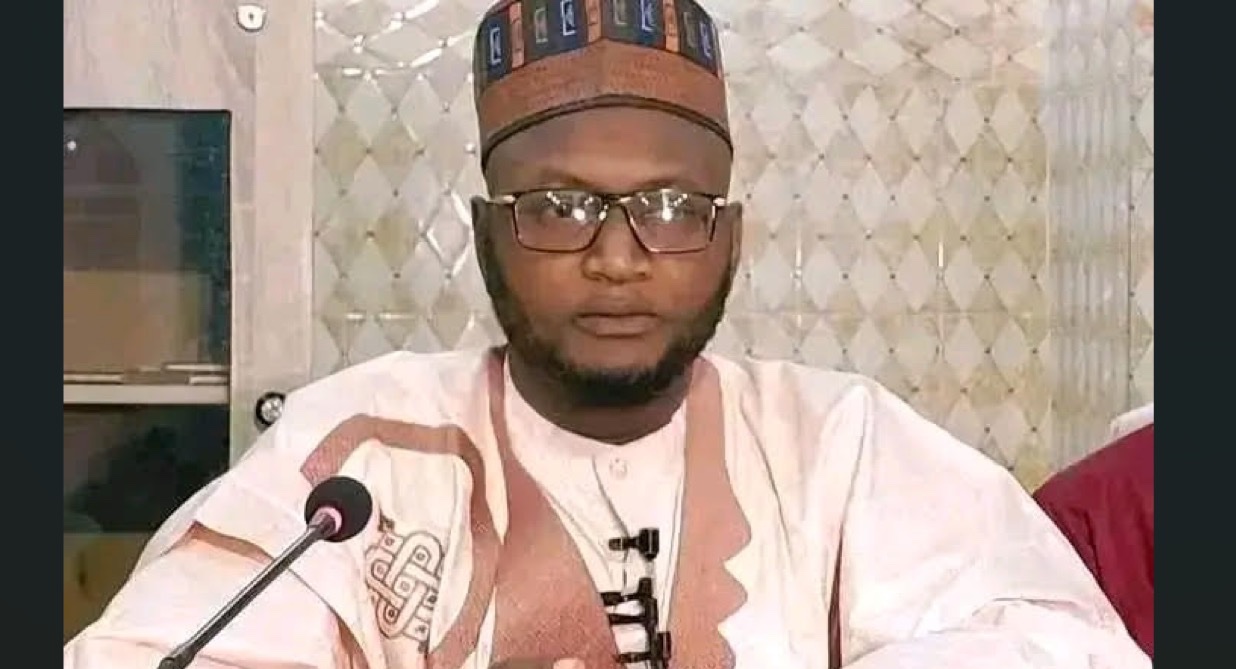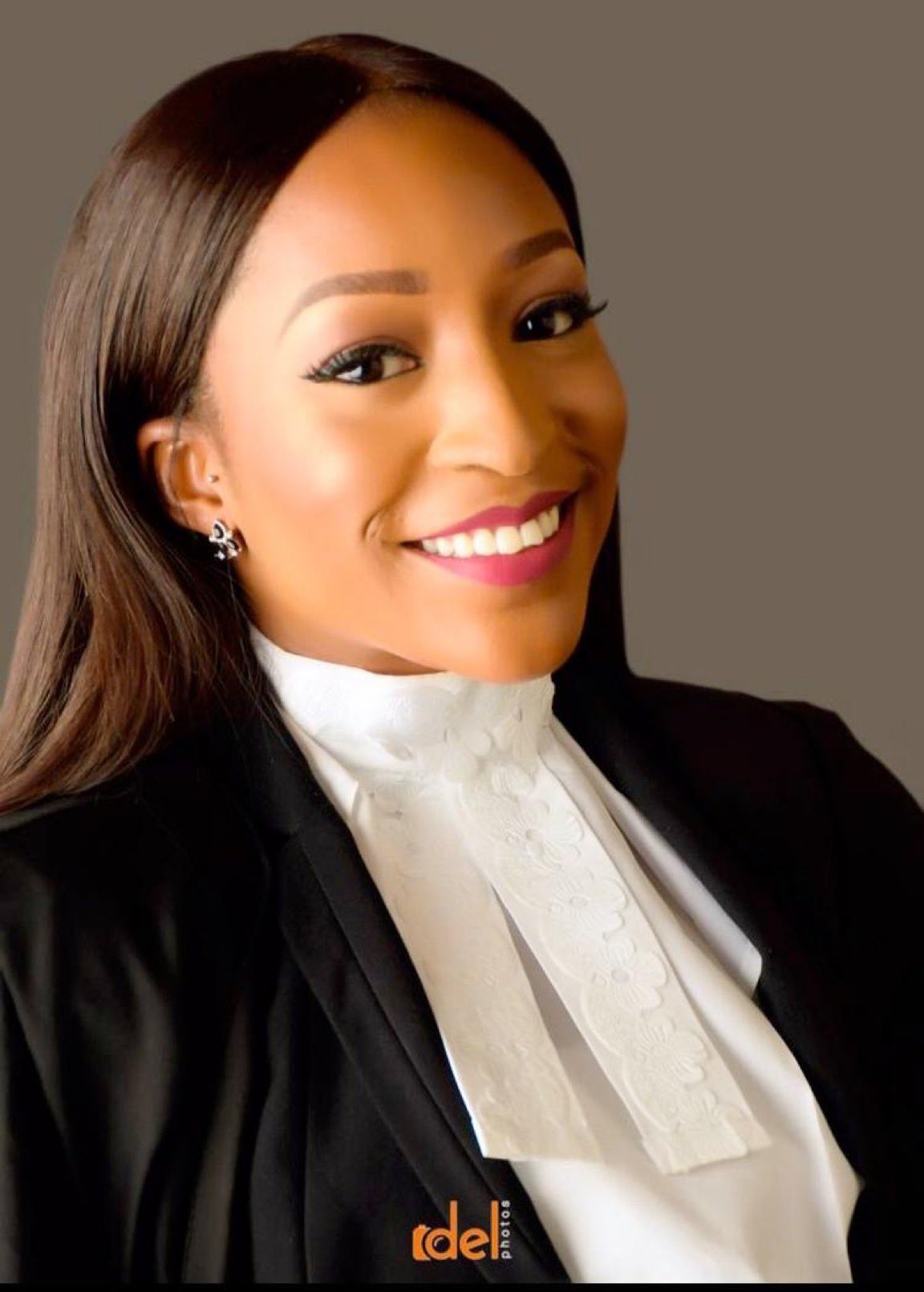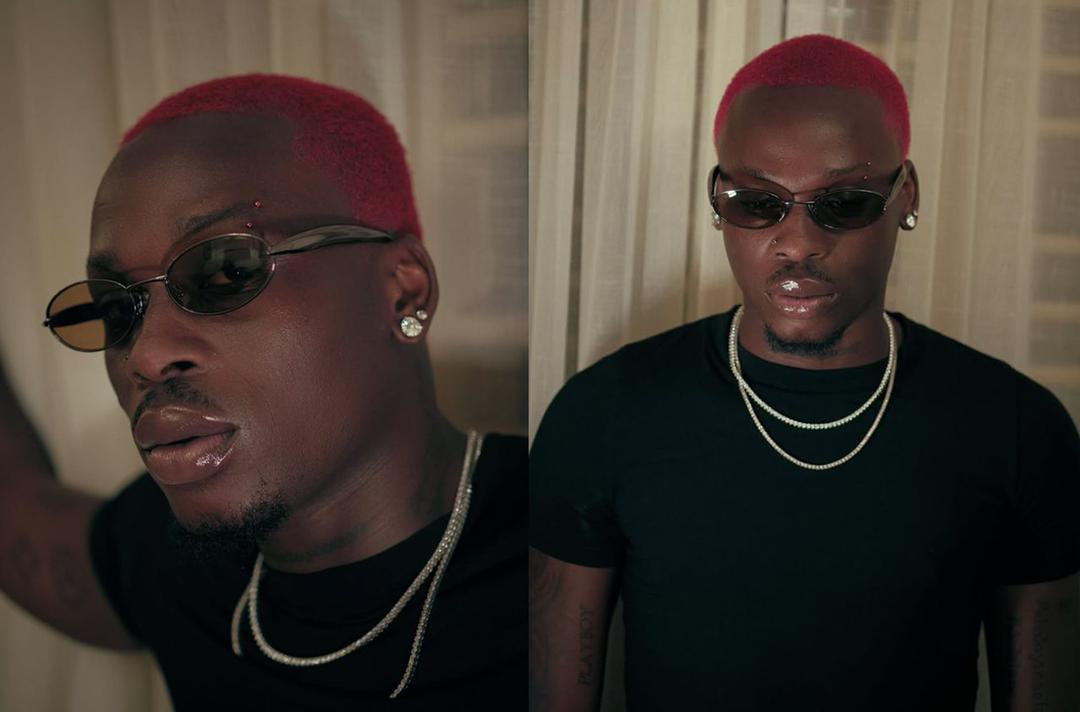
JUST IN: Kano Refers Sheikh Lawan Triumph Petitions to Shura Council Amid Growing Controversy

The Kano State Government has taken a decisive step in addressing the heated controversy surrounding the remarks made by prominent Islamic cleric Sheikh Lawan Triumph, directing that all petitions and counterpetitions filed in connection with the matter be forwarded to the Kano State Shura Council for thorough review and official advice. The move, announced late on Thursday, has ignited fresh debates across political, religious, and social circles in the state, with many Nigerians watching closely to see how the Shura Council, a respected advisory body on religious and moral affairs, will handle the matter.
The controversy began when Sheikh Lawan Triumph, a well-known preacher in northern Nigeria, delivered a sermon that quickly drew mixed reactions from the public. While some of his followers hailed his boldness in addressing what they called sensitive but necessary issues, others accused him of crossing the line, using language that was not only divisive but also capable of igniting unnecessary tension in the already fragile sociopolitical climate of Kano. Within days of his remarks, petitions flooded the state government, demanding disciplinary action, while counterpetitions arrived almost immediately, urging the government not to stifle religious expression and to allow the cleric the right to free speech.
The mounting pressure placed the state government in a delicate position, caught between its responsibility to maintain peace and order and its obligation to respect constitutional freedoms. In a statement signed by the Commissioner for Information, the government clarified that it would not take a unilateral position on the matter but instead defer to the Shura Council, which has historically served as a mediator in disputes involving clerics, political leaders, and communities. According to the statement, the petitions and counterpetitions, numbering in the dozens, reflect the depth of division the cleric’s remarks have stirred and require a structured, consultative approach rather than a rushed or politically motivated judgment.
For many in Kano, the Shura Council’s involvement is not just about Sheikh Lawan Triumph but about reaffirming the council’s relevance in balancing faith, governance, and social harmony. The council, composed of respected Islamic scholars, jurists, and community leaders, is widely regarded as a neutral body with the spiritual and intellectual capacity to interpret issues through the lens of Sharia and traditional values. The decision to entrust them with the matter has been praised by some as a wise move, ensuring that the process will not be seen as government suppression but as an intra-religious resolution. Others, however, remain skeptical, questioning whether the council can truly remain impartial given the political and sectarian undercurrents that often surround controversies of this nature.
Street conversations in Kano reflect this division. At markets, tea joints, and mosques, the topic has become a daily talking point. Supporters of Sheikh Lawan Triumph argue that the petitions against him are orchestrated by rivals who are uncomfortable with his growing influence and ability to sway public opinion. They insist that his words, though hard-hitting, were grounded in truth and should not be misinterpreted as hate speech. Detractors, on the other hand, claim that religious leaders have a special responsibility to choose their words carefully, especially in a state like Kano that has witnessed episodes of religious and ethnic violence in the past. To them, Triumph’s remarks were reckless and demand sanction to send a strong signal that such rhetoric will not be tolerated.
The ripple effect of the controversy has reached beyond Kano, sparking discussions across northern Nigeria and on social media platforms. Hashtags relating to Sheikh Lawan Triumph trended for days, with users split between those defending his right to preach freely and those calling for accountability. Religious freedom advocates have warned that punishing the cleric could set a dangerous precedent for silencing dissenting voices, while civil society groups insist that freedom of speech should not extend to incitement or speech that threatens communal peace. The debate has, in many ways, mirrored Nigeria’s broader struggle to balance freedom with responsibility in a diverse and polarized society.
Political observers believe that the government’s referral to the Shura Council may also be a strategic attempt to defuse tension and avoid direct blame for whatever outcome emerges. By allowing the council to deliberate and issue advice, the government creates a buffer between itself and the highly charged public emotions surrounding the matter. Should the council recommend disciplinary action, the government can act while pointing to the council’s decision as justification. If the council advises leniency, the government can claim it respected the scholars’ wisdom, thereby reducing the risk of alienating Sheikh Lawan Triumph’s supporters. In either case, the Shura Council’s decision is expected to carry significant weight.
As Kano awaits the council’s verdict, there is a sense of anticipation mixed with apprehension. Religious leaders across the state have called for calm, urging their followers not to inflame the matter further through protests or inflammatory posts online. Security agencies have also been placed on alert to forestall any escalation, mindful of how quickly religious controversies can spiral out of control. Community elders are likewise appealing for restraint, reminding citizens of the importance of unity and tolerance in a state that serves as a melting pot of diverse ethnic and religious groups.
For Sheikh Lawan Triumph himself, the controversy marks one of the most defining moments of his clerical career. Known for his fiery sermons and outspoken critiques, he has never shied away from addressing contentious topics. Yet, the sheer scale of the backlash this time appears unprecedented, placing him in the national spotlight like never before. Whether he emerges vindicated or censured, his influence on the religious and political discourse of Kano seems certain to grow even further. Many analysts predict that the outcome of this episode will not only shape his personal legacy but also set a precedent for how future controversies involving clerics are handled in the state.
The case also underscores the evolving role of the Shura Council in modern governance. While it was originally conceived as a purely religious advisory body, it has increasingly become a moral compass in state matters, bridging the gap between secular law and religious sentiment. Its verdict in this matter will test its credibility and authority in the eyes of both the government and the public. A recommendation perceived as biased could erode trust, while a balanced and thoughtful resolution could strengthen its stature and reaffirm its place as a stabilizing force in Kano.
For now, the petitions and counterpetitions lie before the council, and the people of Kano wait. The cleric’s supporters continue to rally behind him, convinced that truth is on his side, while his critics press for accountability, fearing the dangers of unchecked rhetoric. The government has chosen its path by passing the responsibility to the Shura Council, but the real test lies ahead. The council’s decision, whenever it comes, is expected to reverberate far beyond Kano, touching on themes of religious freedom, responsibility in leadership, and the fragile balance between faith and governance in Nigeria’s complex democracy.
In a state where religion permeates every aspect of life, the handling of Sheikh Lawan Triumph’s case could become a defining moment, not just for Kano but for Nigeria as a whole. The tension in the air is unmistakable, the debates unending, and the stakes higher than ever. All eyes are now on the Shura Council, the body tasked with providing the wisdom that could either calm the storm or further inflame it. Until then, Kano waits in cautious silence, bracing itself for whatever verdict lies ahead.


